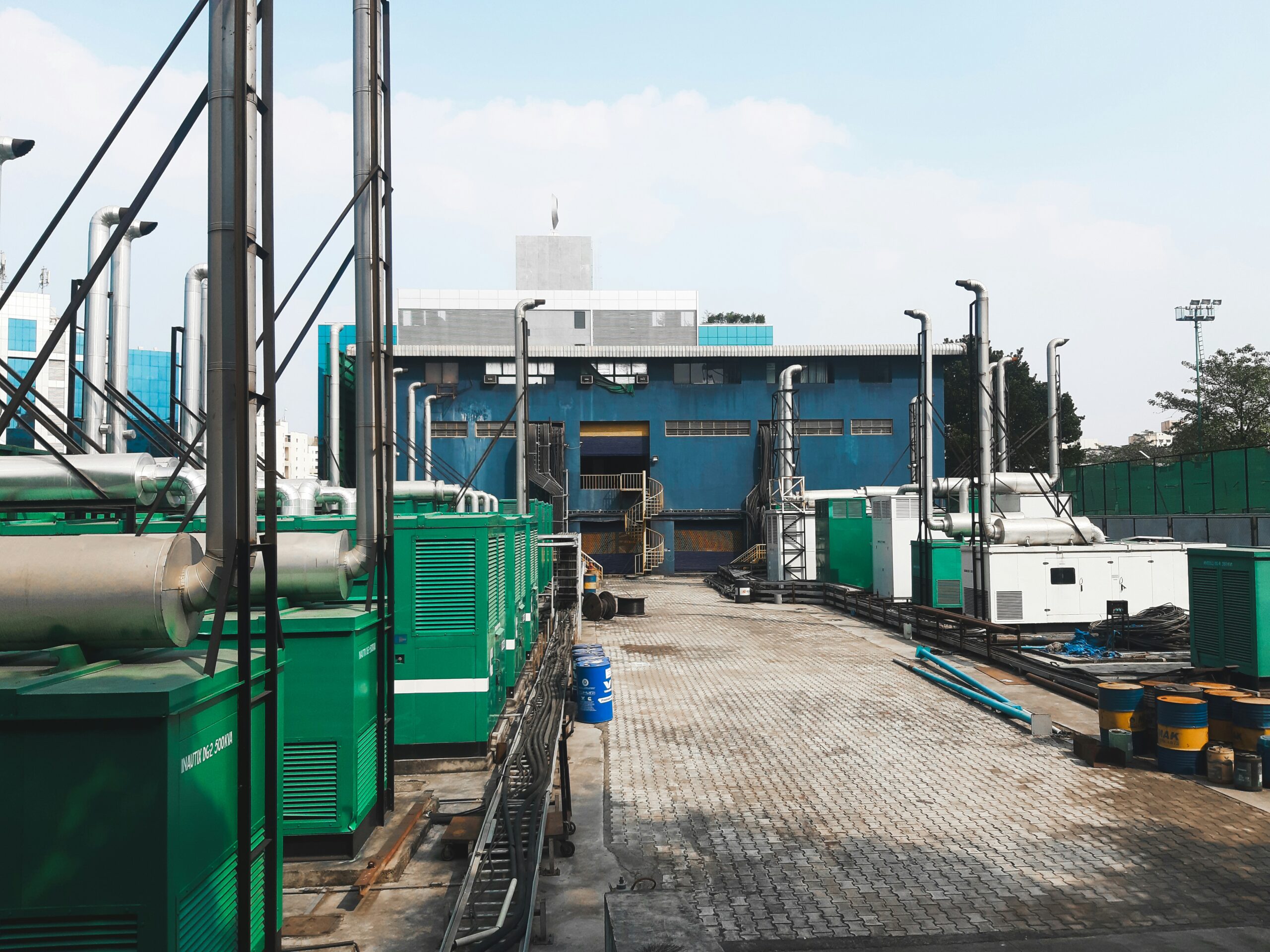The shift towards sustainability in the construction industry is driving the search for alternatives to traditional diesel generators. Known for their high emissions and fluctuating fuel costs, diesel generators are increasingly being replaced by Battery Energy Storage Systems (BESS) combined with renewable energy sources. This transition offers a cleaner, more cost-effective solution that aligns with modern environmental and economic goals.
Why Switch from Diesel Generators?
Environmental Impact
Diesel generators are major contributors to air pollution and greenhouse gas emissions. By adopting BESS, construction companies can significantly reduce their carbon footprint. BESS stores energy from renewable sources such as solar and wind, thereby eliminating the need for diesel fuel. This shift not only benefits the environment but also helps companies comply with increasingly strict emissions regulations.
Cost Efficiency
Diesel fuel prices are subject to fluctuations, which can lead to unpredictable and rising operational costs. BESS offers a more stable and predictable energy solution. By storing energy during periods of low demand or high renewable generation, BESS helps reduce reliance on diesel and provides a more consistent cost structure. Additionally, long-term savings are realized through reduced fuel consumption and lower maintenance requirements.
Regulatory Pressure
Governments worldwide are implementing stricter regulations on emissions and environmental impact. Diesel generators, with their high emission levels, are becoming less viable under these new regulations. BESS provides a sustainable alternative that helps construction companies avoid penalties and adhere to environmental standards. Integrating BESS into construction operations aligns with regulatory requirements and supports green building initiatives.
Operational Benefits
BESS not only reduces emissions and costs but also enhances overall operational efficiency. It provides a reliable power source that can be scaled to meet varying energy demands. This adaptability is particularly beneficial for construction projects with fluctuating power needs or those operating in remote locations.
Technological Advancements
Modern BESS technologies offer advanced features such as real-time monitoring, remote management, and integration with smart grids. These innovations contribute to improved performance and efficiency, making BESS a compelling choice for forward-thinking construction companies.

The move towards BESS as an alternative to diesel generators represents a significant step in the construction industry’s journey towards sustainability. By adopting BESS, companies can reduce their environmental impact, achieve cost savings, and stay compliant with regulatory requirements. This transition not only supports a greener future but also enhances operational efficiency and adaptability.



